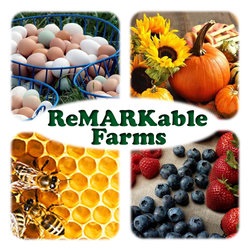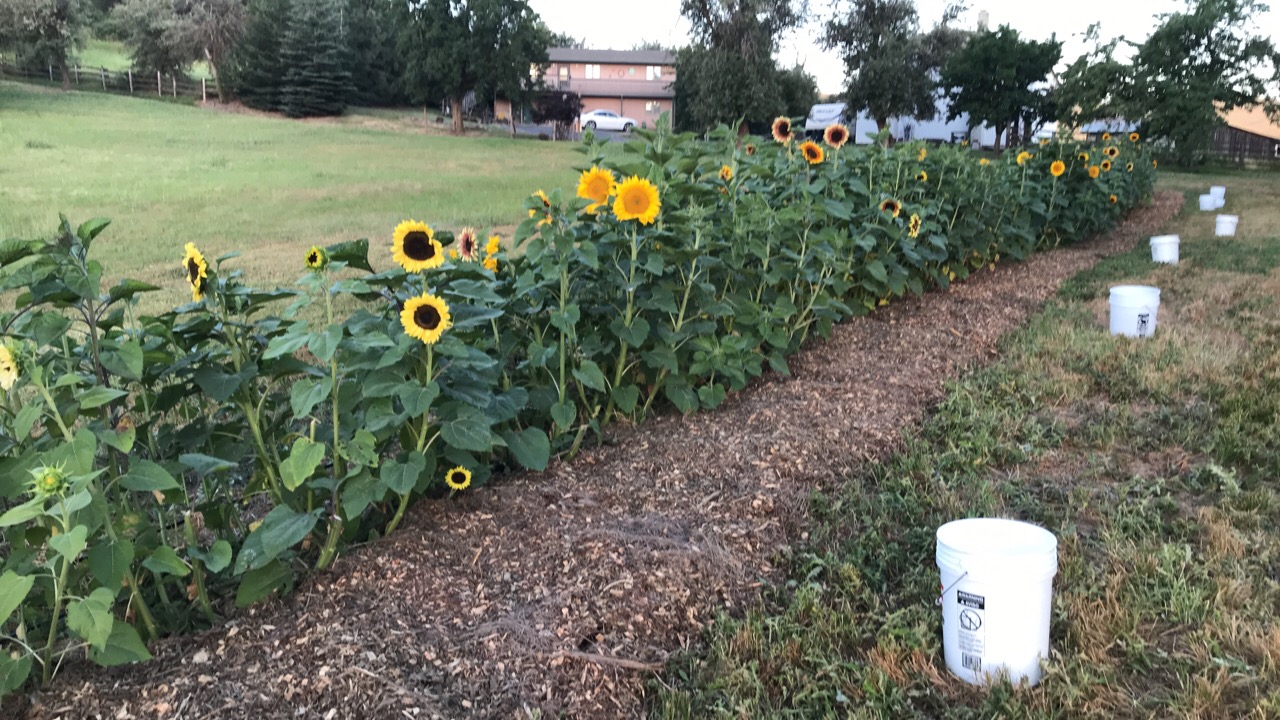The past couple of weeks, I attended 2 workshops that were sponsored by Rural Roots.
Rural Roots mission is to support and enhance sustainable agriculture and local food systems in the Inland NW and beyond. The first presentation was about Sustainable Farm Law 101. I will be discussing this one today. The second presentation was about Farm Finances. I will talk about the Farm Finances presentation in a future blog…
Farm Law
The Sustainable Farm Law presentation was presented by Farm Commons.
Farm Commons believes strong, resilient, sustainable farm businesses are built on a solid legal foundation. Farm Commons has a good amount of free training’s on their website. Just click on the “Tutorial” tab.
Our first point of discussion was Entities. The focus of the discussion was on the differences between a sole proprietorship, a limited liability company (LLC) and a corporation. There is a nice tutorial called “The What, Why and How of Choosing and Organizing a Business Entity for the Farm” on the Farm Commons website.
Next point of discussion was Land Matters and leasing versus buying farm land. We discussed what to look for in a lease and to make sure to know any zoning regulations that might limit what you can do on the property. There is a tutorial about lease issues called “Farmland Leases Built to Last: Content and Legal Context“.
Sales and indemnification was the next topic. This included discussions of selling wholesale versus direct sales and doing a Community Support Agriculture (CSA) model. Most importantly is negotiating the sales agreement. Sales Contracts for Farm Produce: Why and How is a tutorial with this information.
Next topic was workers. This included discussion of interns, volunteers, employees and contractors. Another tutorial addresses this issue: Making Employment Law Work For Your Farm. Employment law is probably the single most complex legal concern for farmers so it’s important to get it right.
Food Safety was the next topic. Food Safety Liability And Regulations For The Farm is a tutorial that addresses these concerns. Each state has different regulations about food safety so it is important to know what regulations are for your area.
Lastly, we talked about agritourism. Having on farm events is a great way to promote your farm but there are lots of legakl issues to consider. Hosting Safe, Legally Secure Farm Events provides some direction about how to legally host a safe event.
Another underlying message of the day was the importance of having appropriate insurance to protect your farm. Insurance for the Farm: Policies and Principles to Efficiently Manage Risk covers common insurance options and how to navigate them to find the right policy for your farm.
So, if you took the time to watch all these tutorials, you would pretty much have all the information that I got that day. Each tutorial is about 1 hour 30 minutes long.



